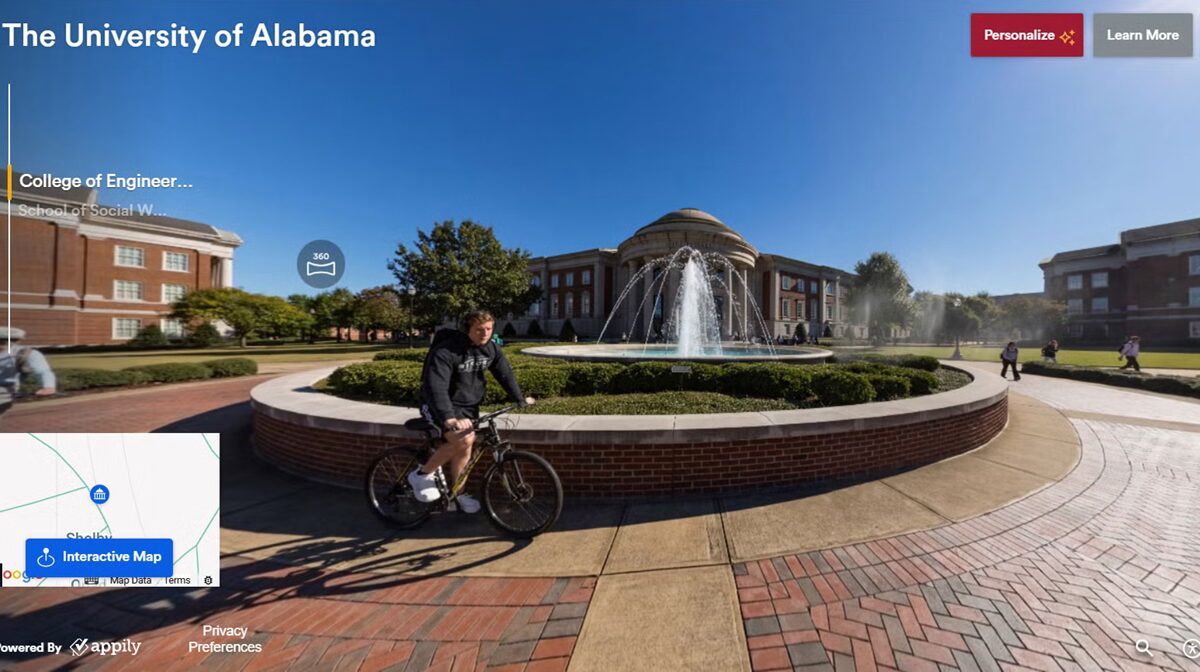Bending Toward Justice: March 1963

Former Alabama Lt. Gov. Albert Boutwell, left, and Commissioner of Public Safety Theophilus Eugene "Bull" Connor were forced into a runoff for mayor of Birmingham. (Birmingham Public Library Archives)
Sixty years ago, Birmingham became ground zero in the struggle for human rights. Many events in Birmingham and Alabama made 1963 a transformative year that would change the city, and the world, forever. Throughout 2023 in “Bending Toward Justice,” Alabama News Center is featuring stories about the events of 1963 and their impact, including a month-by-month timeline listing many of the year’s milestones.

MARCH 1963
Tuesday, March 5
Former Alabama Lt. Gov. Albert Boutwell receives 39% of the vote in the Birmingham mayoral election, leading city Commissioner of Public Safety Theophilus Eugene “Bull” Connor, who receives 31%. Boutwell’s margin isn’t enough to avoid a runoff, which is set for April 2.
Friday, March 8
Segregationists rally in support of Connor at Municipal Auditorium.
Sunday, March 24
A heavy explosion rocks Birmingham, destroying a Black residence on Second Avenue North, injuring at least two people and damaging houses and other buildings over a two-block radius.
Sunday, March 31
Birmingham Transit Co. operators and maintenance workers vote to strike, leaving almost 80,000 bus riders without their regular transportation; the Amalgamated Association of Street, Electric, Railway and Motor Coach Employees of America, Division 725, vote 274 to 117 in favor of the strike.
Sources: “1963, How the Birmingham Civil Rights Movement Changed America and the World,” by Barnett Wright; Pennsylvania State University, “The Rhetoric of the Civil Rights Movement” Birmingham Timeline; BHAMWIKI 1963; “Parting the Waters, America in the King Years 1954-63,” by Taylor Branch; Alabama Department of Archives & History.





